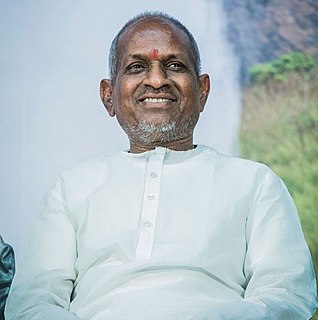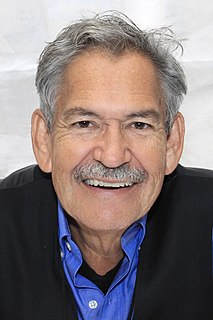A Quote by Amy Chua
A Western upbringing tends to stress questioning authority, which is always asking why, why, why.
Quote Topics
Related Quotes
Beyond all explanations which a good brain can give, why do we choose the worse and not the better, why hate rather than love, why greed and not generosity, why self-centred activity and not open total action? Why be mean when there are soaring mountains and flashing streams? Why jealousy and not love? Why?
['John F. Kennedy] movie is based on a massive best-selling book, which is always helpful. And then the script was amazing and answered my question, "Why this? Why now?" And the "why now" is that it's 50 years since the assassination, and the country needs to have and will have a conversation about that. And the "why this" is the construct, which I think is sort of ingenious.



































